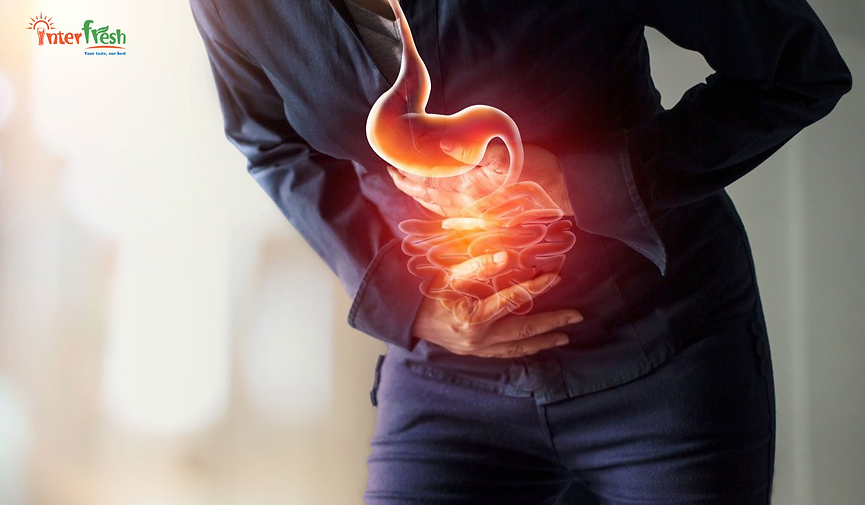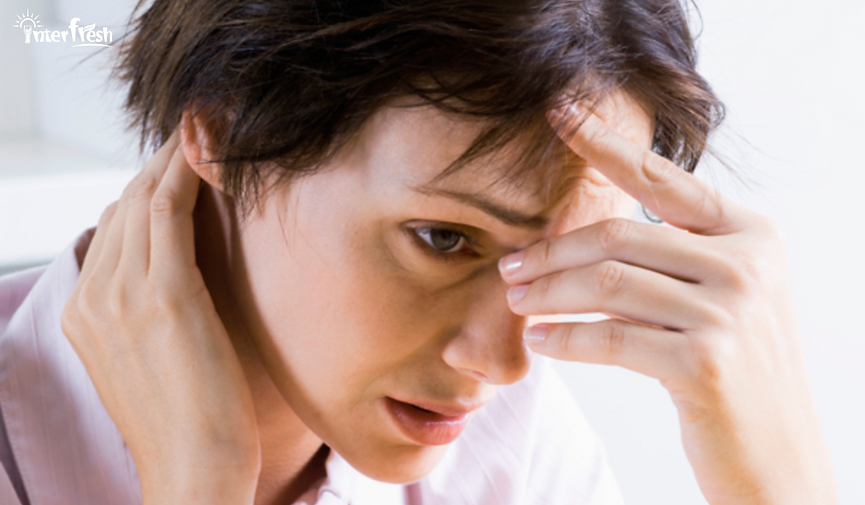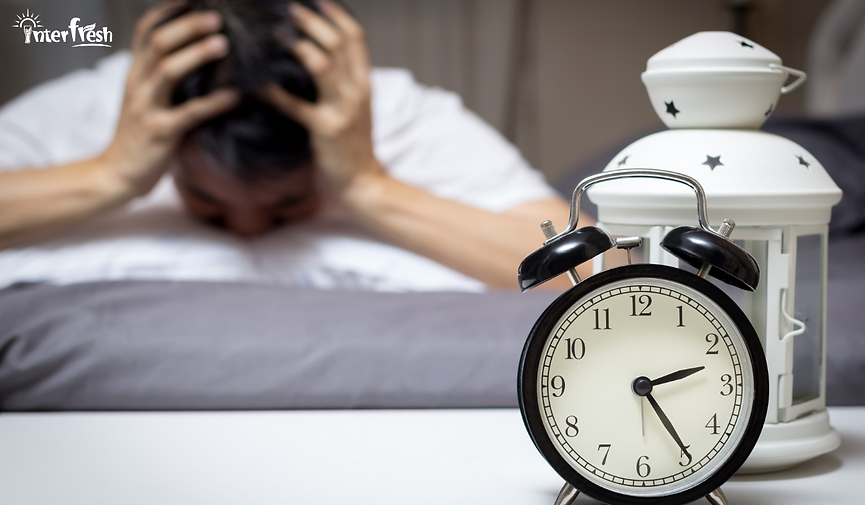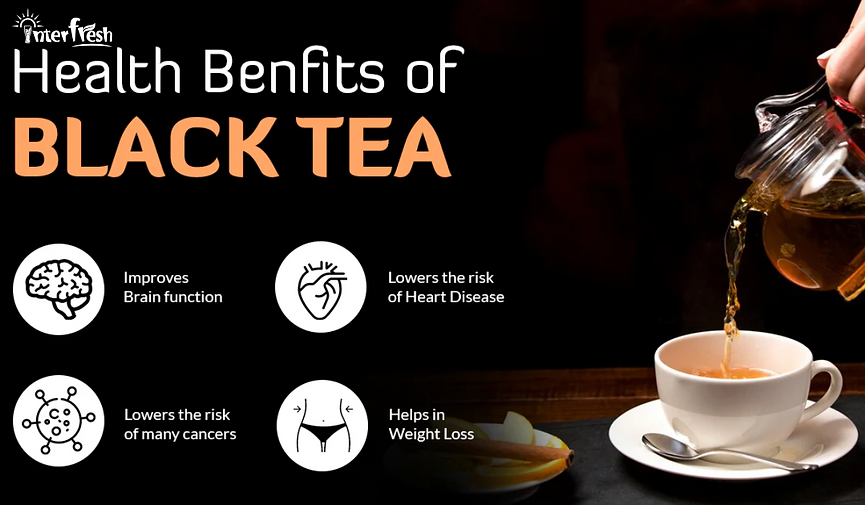Black tea is one of the most widely consumed beverages around the globe. It is cherished not only for its rich and robust flavor but also for its numerous health benefits, including antioxidants and potential heart health benefits. However, a common practice among many tea drinkers is to consume black tea on an empty stomach, especially first thing in the morning. While this may seem harmless, there are several compelling reasons to reconsider this habit. In this article, we will delve into the potential negative effects of drinking black tea on an empty stomach and explore ways to enjoy this beloved beverage safely.

Table of Contents
1. Impact on the Stomach
One of the primary concerns of consuming black tea on an empty stomach is its effect on digestive health. Black tea contains caffeine, a natural stimulant that can increase the production of stomach acid. When you drink black tea without any food in your stomach, this excess acid can irritate the stomach lining, leading to discomfort, nausea, or even gastritis in some individuals. According to a study published by the National Institutes of Health, caffeine consumption, especially in a fasting state, can exacerbate digestive issues (NIH, 2020).
For individuals who are prone to gastrointestinal problems or acid reflux, drinking black tea on an empty stomach can trigger symptoms and make existing conditions worse. It’s essential to recognize your body’s reactions and adjust your tea-drinking habits accordingly.

2. Reduced Iron Absorption
Another significant issue with drinking black tea on an empty stomach is its impact on iron absorption. Black tea is rich in tannins, a type of polyphenol that can bind to non-heme iron found in plant-based foods, making it more difficult for your body to absorb this vital nutrient. This is particularly concerning for vegetarians, vegans, and individuals with diets low in iron.
A study published in the American Journal of Clinical Nutrition found that consuming tea during meals could reduce iron absorption by as much as 60% (Hallberg et al., 1986). For those who already struggle with iron deficiency or anemia, consuming black tea before meals can significantly hinder their ability to maintain adequate iron levels. To ensure optimal nutrient absorption, it’s advisable to wait at least 30 minutes to an hour after a meal before enjoying your cup of black tea.

3. Blood Pressure Effects
The caffeine found in black tea can also have implications for cardiovascular health, particularly when consumed on an empty stomach. Caffeine has been shown to temporarily raise blood pressure due to its stimulatory effects on the central nervous system. For individuals who already have high blood pressure or other cardiovascular concerns, this spike can pose significant risks.
According to the American Heart Association, consuming caffeine in large quantities or on an empty stomach can exacerbate hypertension, increasing the likelihood of heart disease or stroke (AHA, 2019). If you have a history of heart issues, it’s crucial to be mindful of your caffeine intake and consider enjoying black tea in moderation, ideally after meals.

4. Anxiety and Jitters
Many people enjoy black tea for its stimulating effects; however, consuming it on an empty stomach can lead to increased feelings of anxiety and nervousness. The absence of food to buffer the effects of caffeine means that the stimulant can hit your system more intensely. This can lead to symptoms such as jitteriness, increased heart rate, and heightened anxiety.
Research has shown that caffeine can stimulate the release of stress hormones like cortisol, which can contribute to feelings of anxiety (Smith, 2002). For individuals who are sensitive to caffeine or prone to anxiety disorders, drinking black tea first thing in the morning may not be the best choice. If you find that you experience jitters or anxiety after drinking black tea on an empty stomach, consider reducing your intake or opting for a less caffeinated beverage in the morning.

5. Sleep Disturbances
While enjoying a cup of black tea in the morning may not be problematic for everyone, drinking it in the afternoon or evening without eating can interfere with your sleep patterns. Caffeine has a half-life of about 3 to 5 hours, meaning it can stay in your system and affect your ability to fall asleep for several hours after consumption.
According to a study from Harvard University, consuming caffeine within six hours of bedtime can significantly impact sleep quality and duration (Hirshkowitz et al., 2015). If you enjoy black tea later in the day, it’s essential to be aware of how it affects your sleep, especially if you find it challenging to wind down at night.

6. Reduced Effectiveness of Certain Medications
Drinking black tea on an empty stomach can also interfere with the effectiveness of some medications. The caffeine and tannins in black tea can interact with various drugs, leading to reduced absorption and increased side effects. This is particularly true for medications prescribed for diabetes and blood thinners.
A study published in the European Journal of Clinical Nutrition noted that caffeine could potentially reduce the absorption of specific medications, leading to less effective treatment outcomes (Meyer et al., 2013). If you are on medication, consult your healthcare provider about how to incorporate black tea into your routine without compromising your treatment.

7. Health Benefits of Black Tea
Despite the reasons to avoid drinking black tea on an empty stomach, it is essential to acknowledge the numerous health benefits it offers. Black tea is rich in antioxidants, particularly flavonoids, which have been shown to protect against chronic diseases, improve heart health, and boost the immune system. A study published in the Journal of Nutrition indicated that regular black tea consumption is associated with a lower risk of cardiovascular disease (Stangl et al., 2006).
Additionally, black tea may enhance mental alertness and cognitive function due to its caffeine content, making it a popular choice for those looking to increase focus and productivity. When consumed responsibly, black tea can be a valuable addition to a balanced diet.

8. Tips for Enjoying Black Tea
To maximize the benefits of black tea while minimizing potential drawbacks, consider the following tips:
Drink tea after meals: To improve iron absorption and reduce digestive discomfort, wait at least 30 minutes after eating before enjoying your black tea.
Pair with food: If you prefer to have tea in the morning, ensure you have a balanced breakfast beforehand to buffer the effects of caffeine.
Limit caffeine intake: Monitor your overall caffeine consumption throughout the day to avoid excessive intake, which can lead to sleep disturbances and increased anxiety.
Opt for decaffeinated options: If you enjoy tea but are sensitive to caffeine, consider decaffeinated black tea or herbal teas, which are naturally caffeine-free.
Conclusion
Drinking black tea on an empty stomach can lead to several negative health effects, from digestive discomfort to reduced nutrient absorption. By being mindful of when and how you enjoy your tea, you can savor its rich flavor and health benefits without compromising your well-being. Remember to listen to your body and adjust your habits as needed to ensure a healthy relationship with black tea.
